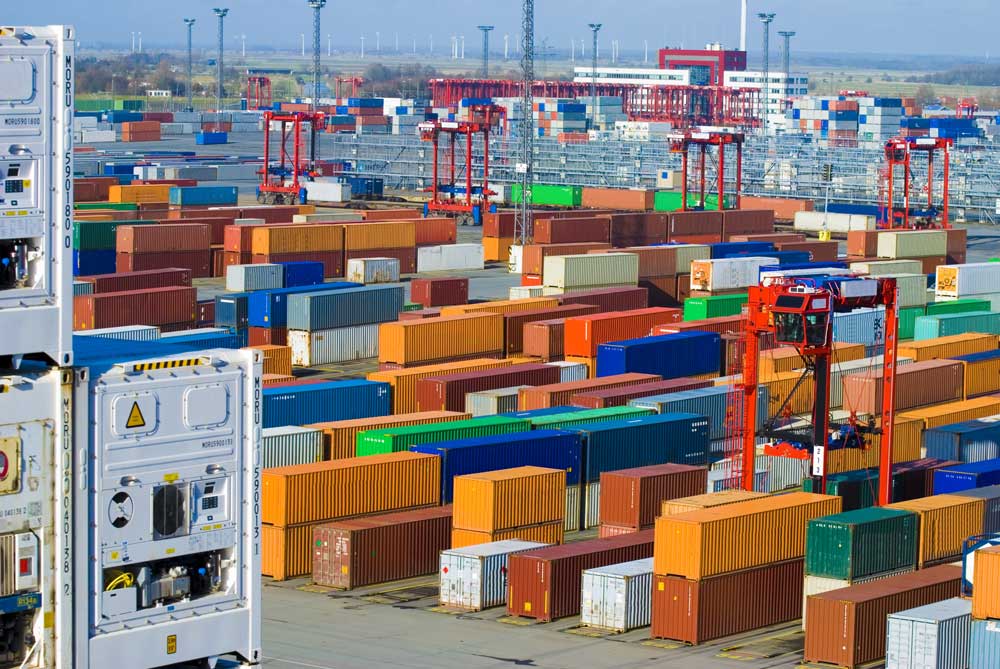 Updated on: December 17th, 2019 5:25 PM
Updated on: December 17th, 2019 5:25 PM
Supply of Goods - Under Indian GST
Under GST, supply includes all forms of supply of goods and/or services such as sale, transfer, barter, exchange, license, rental, lease or disposal made or agreed to be made for consideration by a person in the course or furtherance of business. In this article, we look at the applicability of GST on supply of goods.Supply of Goods
The liability to pay Central GST or State GST on the goods arises at the earliest of the following dates:- The date on which the goods are removed by the supplier for supply to the recipient, in a case where the goods are required to be removed or
- The date on which the goods are made available to the recipient, in a case where the goods are not required to be removed; or
- The date on which the supplier issues the invoice with respect to the supply; or
- The date on which the supplier receives the payment with respect to the supply; or
- The date on which the recipient shows the receipt of the goods in his books of account.
Continuous Supply of Goods
In case of continuous supply of goods, where successive statements of accounts or successive payments are involved, time of supply under GST would be the date of expiry of the period to which such successive statements of accounts or successive payments relate. If there are no successive statements of account, then the date of issue of the invoice (or any other document) or the date of receipt of payment, whichever is earlier, would be the time of supply. Further, in case of supplies in respect of which tax is paid or liable to be paid on reverse charge basis, the time of supply shall be the earliest of the following dates:- The date of the receipt of goods, or
- The date on which the payment is made, or
- The date of receipt of invoice, or
- The date of debit in the books of accounts.
Popular Post

In the digital age, the convenience of accessing important documents online has become a necessity...

The Atalji Janasnehi Kendra Project that has been launched by the Government of Karnataka...

The Indian Divorce Act governs divorce among the Christian couples in India. Divorce...

When an individual has more than a single PAN card, it may lead to that person being heavily penalised, or worse,...

Employees Provident Fund (PF) is social security and savings scheme for employee in India. Employers engaged...


